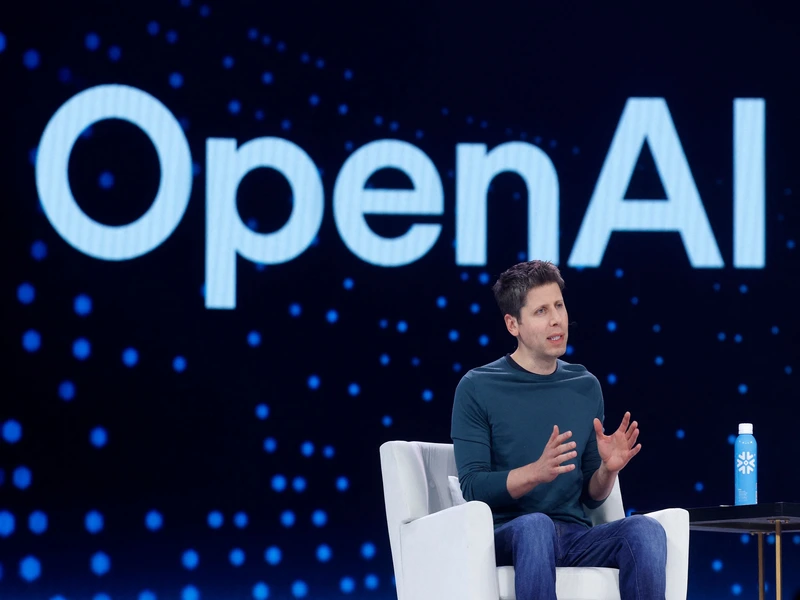- Meta reportedly tried to recruit OpenAI researchers with bonuses as high as $100 million.
- Altman highlights rising competition in AI and growing value of top machine learning talent.
What happened: Altman says Meta offered up to $100m to OpenAI researchers
OpenAI CEO Sam Altman said Meta attempted to recruit several OpenAI employees by offering bonuses as high as $100 million. Speaking at the Bloomberg Technology Summit, Altman described these figures as part of an escalating trend where companies bid aggressively for top talent. He noted offers ranging from $5 million to $100 million, targeting employees with deep expertise in large language models and AI systems.
Altman did not confirm whether any researchers accepted the offers. He stated that the numbers reflect how intense the current hiring environment has become in generative AI. Meta has not issued a response. These details were first reported by Reuters, and follow earlier signals that Meta is investing heavily in AI research, including its LLaMA series of open models.
Also read: OpenAI secures $200m US defence contract
Also read: Altman says Meta offered $100M bonuses to poach OpenAI staff
Why it’s important
The figures involved reflect how talent in the AI sector is being valued as highly as core assets. Leading companies such as Meta, OpenAI, Google DeepMind, and Anthropic are locked in a race to develop state-of-the-art models. This has made experienced researchers, especially those behind GPT-style architectures, targets for multimillion-dollar incentives. If such trends continue, researchers may routinely receive eight- or nine-figure offers.
This raises concerns around market concentration and the ethics of high-stakes hiring. OpenAI’s development of GPT-4 has set industry benchmarks, making its staff attractive to rivals. Meta’s recruitment push, including through Meta AI, reflects its ambitions to catch up or overtake closed-source competitors. Offering $100 million in bonuses also shifts the discussion from innovation to retention.
The recruitment race has structural implications. If a few firms dominate talent and compute, it may centralize control of AI development, potentially limiting transparency and openness. How companies hire and retain their researchers will likely influence who leads the next generation of AI platforms.

